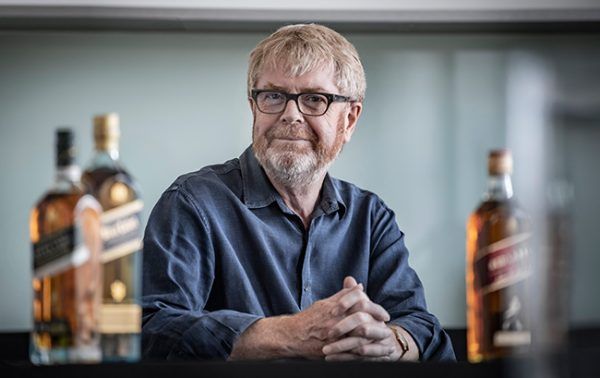Nick Morgan does not have the ego of some of his peers in the whisky industry, but he is one of the most respected and admired experts the sector has. A knowledge he has looked to share in his new book – Everything You Need to Know About Whisky (but were afraid to ask), produced in partnership with The Whisky Exchange.
You have switched from corporate world of whisky to writing about it – why did you want to write a book?
I got the opportunity to write the history of Johnnie Walker (A Long Stride, which was published by Canongate in 2020, the company’s bicentenary) as my last project at Diageo.Having left I wanted to follow that up swiftly with a second book, and was very lucky when the opportunity cropped up to write this with The Whisky Exchange. In a sense this was the book I’d always wanted to write – I had quite a lot to get off my chest, so there was a real synergy between myself, Sukhinder and my editors at Ebury Press of our visions for the book.
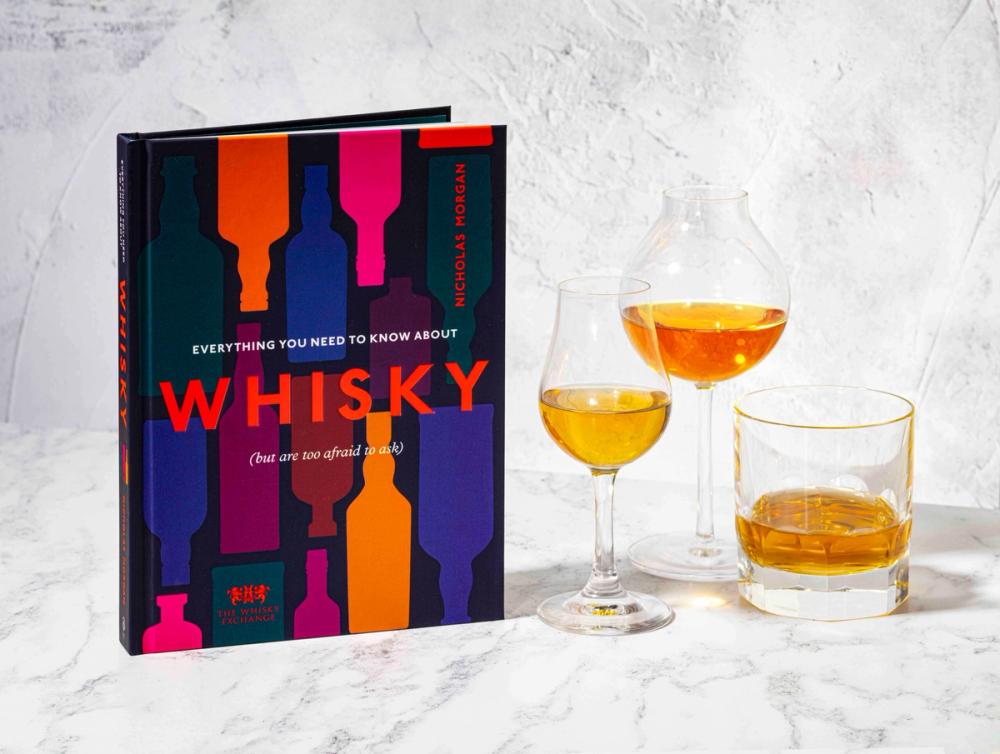
It does what it says on the cover…
What is the objective of the book and how did you go about writing it?
I wanted to write a book that would, like the title says, cover everything you need to know about whisky, past, present and even a little bit of future, in a well-researched, well informed and fairly candid way. I was able to start where I’d left off with the Johnnie Walker book. Writing that had helped me focus my thoughts on a lot of things about whisky that I couldn’t really cover in any depth in A Long Stride.
Did you have a particular reader, or type of drinker, in your head when you were writing to make sure you got the tone of voice right?
One of the things I’ve learned over 30 years in the whisky industry is that we always tend to make things too complicated, which is fine for the whisky geeks, but bewildering to normal civilians.So I tried to write this for everyman – and everywoman – without bogging people down in the secret language of Scotch or obscure points of production. At the same time I haven’t dumbed anything down.The book is rich in information for both the novice and the expert.
What was the process of writing the book in terms of deciding how it should be laid out and presented and did you change that during the process of writing it?
Well I came up with a very ambitious and comprehensive proposal, and realised almost as soon as I started writing that there was far too much content to cover in the amount of space I had available.Sadly a couple of chapters are sitting on the cutting-room floor, but like a good distiller I don’t intend to waste anything, so hopefully they will see the light of day at some point.
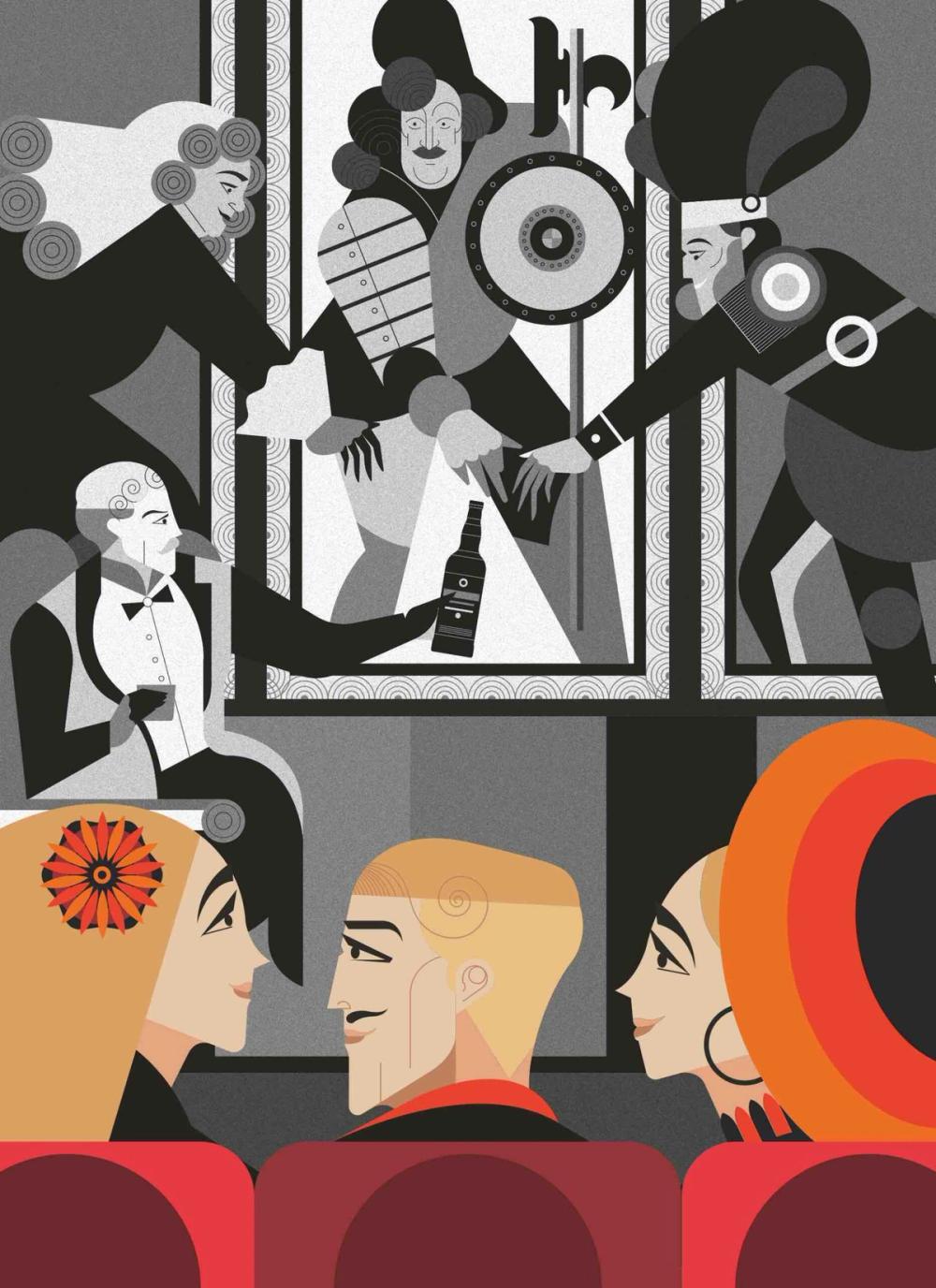
The book includes a number of illustrations from Jonny Wan to help bring out the character of whisky
Whisky is a broad topic with a lot of well rehearsed detail.I wanted to move away from that and write a book that lifted the lid somewhat on all the received opinion about world of whisky. It was never going to be a book of recommendations. I wanted to spark debate and conversation whether that’s about the history and culture of whisky, the people behind it or the philosophies of collecting.
Having so much experience in whisky was it actually hard for you to sit down and “demistify” it when you are used to delving so deeply into it?
I spent a lot of time talking about Scotch whisky to people all over the world during my last 10 years at Diageo and realised then that simplicity and clarity, spiced with a dash of humour,were the keys to good communication.I’ve tried to follow that rule in the new book, even when dealing with quite complex subjects.
Do you hope to write other books – if so other themes we can look forward to?
Absolutely.I’ve a couple of historical projects in development at the moment, although they are being slowed down a little as it’s hard to get into some of the archives where I need to do some preliminary work (Covid restrictions etc.) in order to develop proposals for publishers.I’m also writing columns for The Daily Beast and the Master of Malt blog among others.
How have you found it moving from a high profile job at Diageo to doing your own thing?
I was lucky that I spent my last two or three years in Diageo focussing mainly on the Johnnie Walker book project, as I suppose it eased me out of the corporate environment.I enjoyed my time at Diageo immensely and was privileged to work on such fantastic brands and with such brilliant people, but I certainly didn’t want to outstay my welcome.It was certainly the right time to move on.
You describe yourself as a “strategic thinker and sceptic” – do the two go neatly hand in hand?
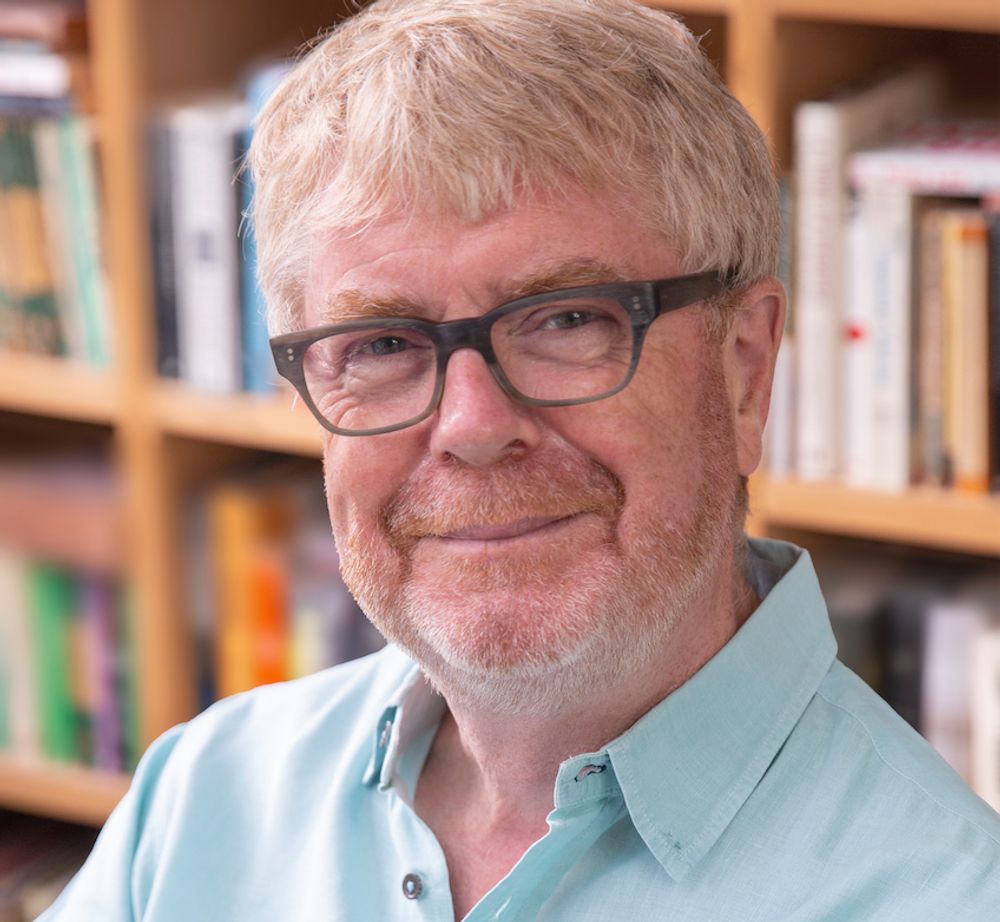
Strategic thinker and sceptic. The two go hand in hand for Nick Morgan
My approach to history has always been that of a sceptic: never accept anything at face value. Always question so-called authorities, always interrogate and challenge your sources. If you don’t ask the right questions, you’ll never get the right answers, and the same is true when it comes to developing strategy.Avoid complacency, challenge the status quo, embrace difficulty and you’ll get to the correct solution in the end.
What do you see as the ideal sort of business case, or issues, that your strategic thinking is best placed to help?
What I like to do is get under the skin of brands and understand what makes them live and breathe.That’s where I can help.
Is that consultancy work exclusive to the drinks and whisky industry or are you looking to work in other areas too?
No. I think I can add clear thinking and value to new and established brand owners in a whole range of categories, not just whisky, not just spirits.
What do you see as being the biggest challenges and opportunities for the overall whisky sector?
The opportunities are endless.I see that someone is predicting that whisky sales will double over the next decade, which is remarkable.There is so much happening in the world of whisky at the moment that it’s quite dizzying.But I sense a danger that in all the excitement and enthusiasm about new whisky producing countries, new types of whiskies and innovations that continually dilute the distinctiveness of Scotch that we might end up killing the goose that laid the golden egg.
Looking back on your time in whisky what do you see as being the most important step changes that have taken place?
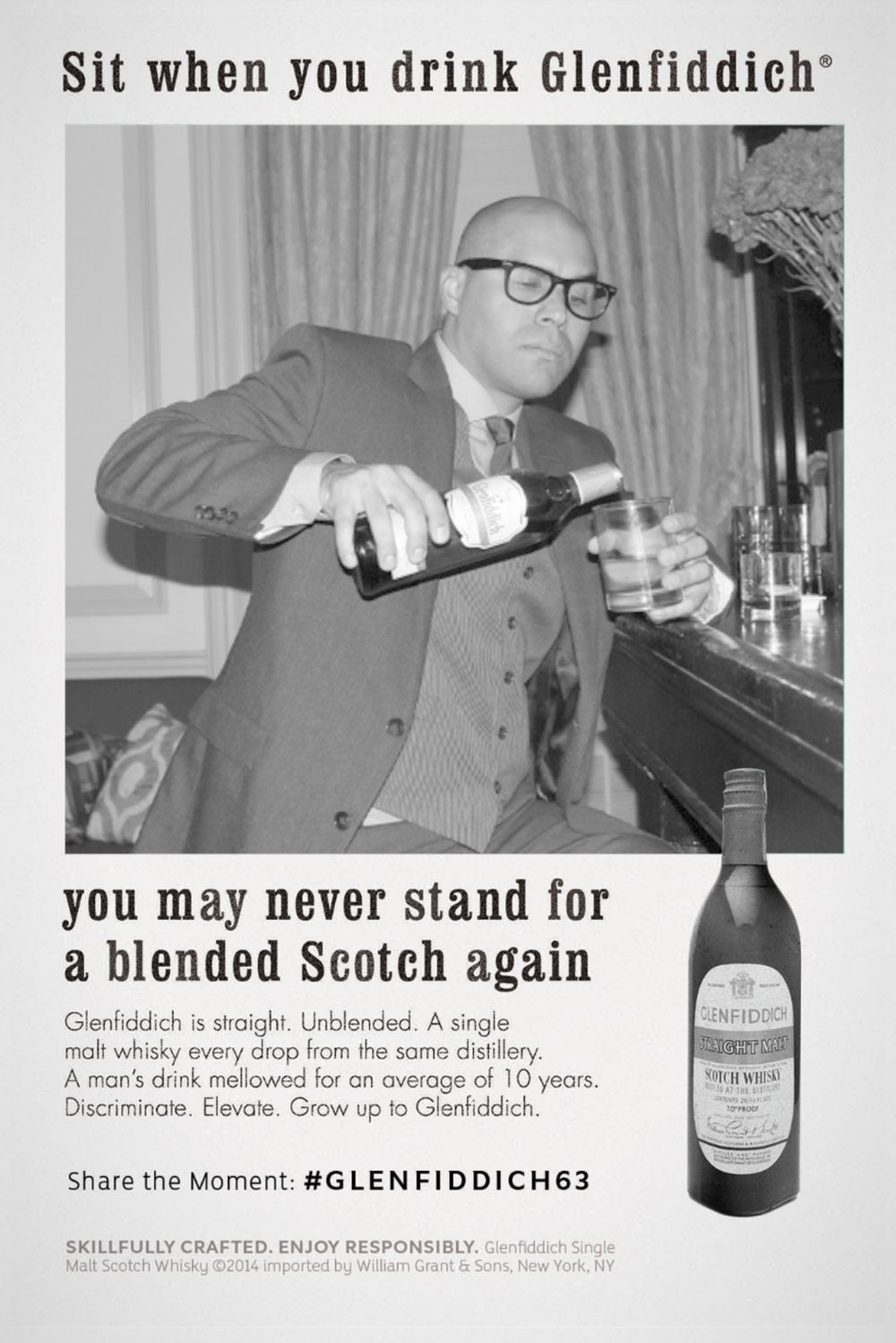
The arrival of Glenfiddich in 1963 was a game changer for the global whisky industry, claims Nick Morgan
Whisky, and spirits in general for that matter, rarely develop in terms of step changes.You have to think of something like the introduction of the Patent Still in the early nineteenth century, or maybe the changes in the excise laws after the Second World War that allowed a massive increase in production (with a range of unforeseen consequences) if you want real step changes.
Maybe some of the consolidations of the past 20 years, the formation of Diageo, or the growth of Pernod Ricard as a world player would count. Possibly it’s the spurt of new distilleries opening up all over the world, although the jury is really out on them at the moment.Or possibly, just possibly, you might say the decision of William Grant and Sons to build Glenfiddich as a single malt brand in the 1960s, and Jack and Wallace Milroy’s idea to focus on single malts in their eponymous wine shop in Soho at the same time.These last two things were world changers.
And in spirits overall?
Harder for me to say, but there has to be something here about the globalisation of the premium spirits market, and I think the fact that spirits have managed to shapeshift from demonised harbingers of domestic doom and moral destruction to desirable and sometimes very highly priced luxury products and investment vehicles.How did that happen?
